UPS & Power Distribution Units
Results:UPS & Power Distribution Units Results:
Comprehensive
Price Priority
Stock Priority
Image
Part Number
Manufacturer
Description
Availability
Unit Price
Quantity
Operation
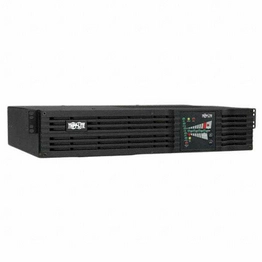
-
+
Ext. Price:
MOQ: 1
Mult: 1
SPQ: 1

1+ $210.384
-
+
Ext. Price: $210.38
MOQ: 1
Mult: 1
SPQ: 1
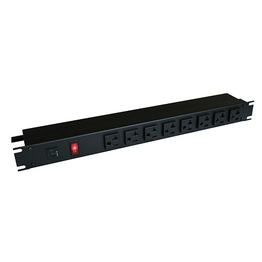
Hammond Manufacturing
6 120V 120V Bracket mounting,horizontal mounting
Quantity: 0
Ship Date: 6-13 working days
1+ $326.0736
5+ $309.603
10+ $301.245
25+ $290.745
-
+
Ext. Price: $326.07
MOQ: 1
Mult: 1
SPQ: 1

Tripp Lite
UPS SMART TOWER LCD AVR USB COAX
Quantity: 0
Ship Date: 7-12 working days
-
+
Ext. Price:
MOQ: 1
Mult: 1
SPQ: 1

Hammond Manufacturing
12 120V 120V Bracket mounting,horizontal mounting
Quantity: 0
Ship Date: 7-12 working days
1+ $110.5936
-
+
Ext. Price: $110.59
MOQ: 1
Mult: 1
SPQ: 1
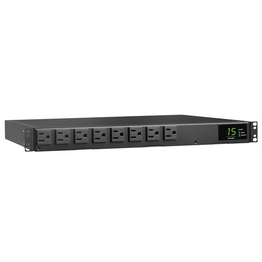
Tripp Lite
120V 120V wall mount,Bracket mounting
Quantity: 0
Ship Date: 7-12 working days
1+ $496.392
5+ $463.2971
10+ $449.7324
-
+
Ext. Price: $496.39
MOQ: 1
Mult: 1
SPQ: 1
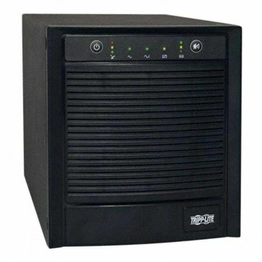
-
+
Ext. Price:
MOQ: 1
Mult: 1
SPQ: 1

Hammond Manufacturing
8 120V 120V Bracket mounting,horizontal mounting
Quantity: 0
Ship Date: 7-12 working days
1+ $110.5936
-
+
Ext. Price: $110.59
MOQ: 1
Mult: 1
SPQ: 1
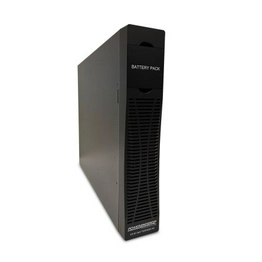
Power Sonic
BatteryExtension with PowerPureRT6 103U
Quantity: 0
Ship Date: 7-13 working days
1+ $1687.9917
-
+
Ext. Price: $1687.99
MOQ: 1
Mult: 1
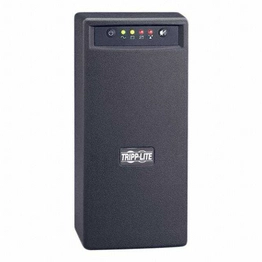
Tripp Lite
INTL UPS SYSTEM OMNISMART TOWER
Quantity: 0
Ship Date: 7-12 working days
-
+
Ext. Price:
MOQ: 1
Mult: 1
SPQ: 1

Tripp Lite
208V,240V 208V,240V vertical mounting,Bracket mounting
Quantity: 0
Ship Date: 7-12 working days
-
+
Ext. Price:
MOQ: 1
Mult: 1
SPQ: 1















